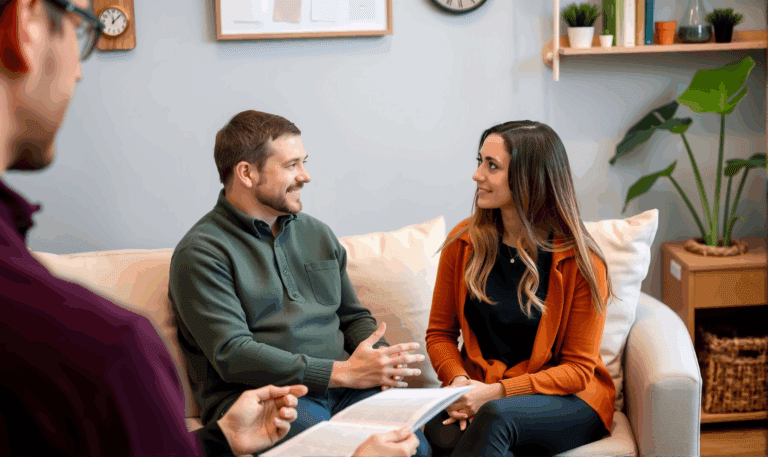
How to Support a Partner with Autism in Relationships
When you’re in a relationship where one or both partners are on the autism spectrum, you’re navigating something beautifully complex. These neurodiverse relationships bring their
All services are 100% virtual. I’m licensed in California and work with adults in California, by secure video.
Ready to get started or have questions? Click here to complete the contact form and connect with me.
Subscribe for free access to all mini-courses & get my weekly newsletter with the latest articles, news, videos & resource updates.

When you’re in a relationship where one or both partners are on the autism spectrum, you’re navigating something beautifully complex. These neurodiverse relationships bring their

When I think about neurodiverse partnerships, relationships where one or both partners are on the autism spectrum or have other neurological differences, I’m struck by

When I first started working with couples, I quickly realized that neurodiverse partnerships have their own unique rhythm and beauty. Neurodiversity within relationships refers to

When I think about the families I work with, one thing stands out: the beautiful complexity that emerges when neurodiverse and neurotypical partners come together.

When you’re in a neurodiverse relationship where one or both partners are on the autism spectrum or identify as neurodivergent, the usual relationship playbook doesn’t